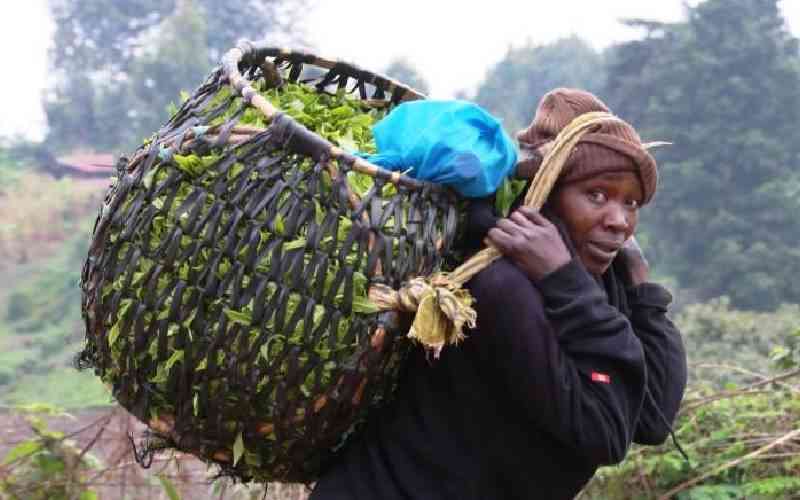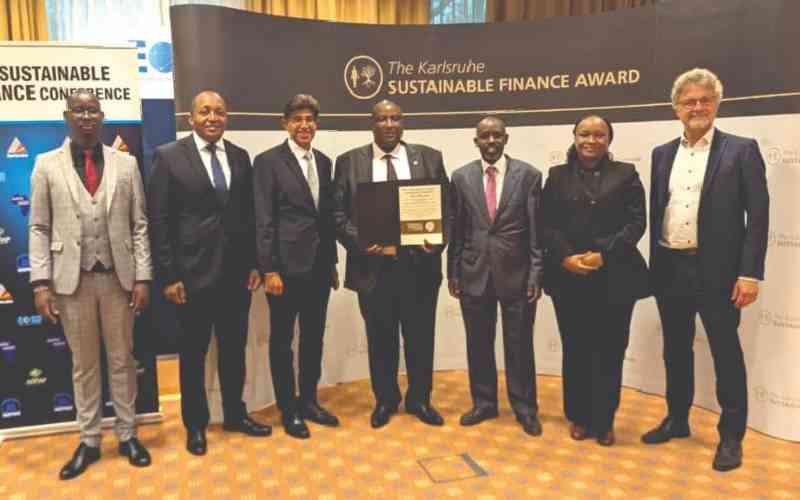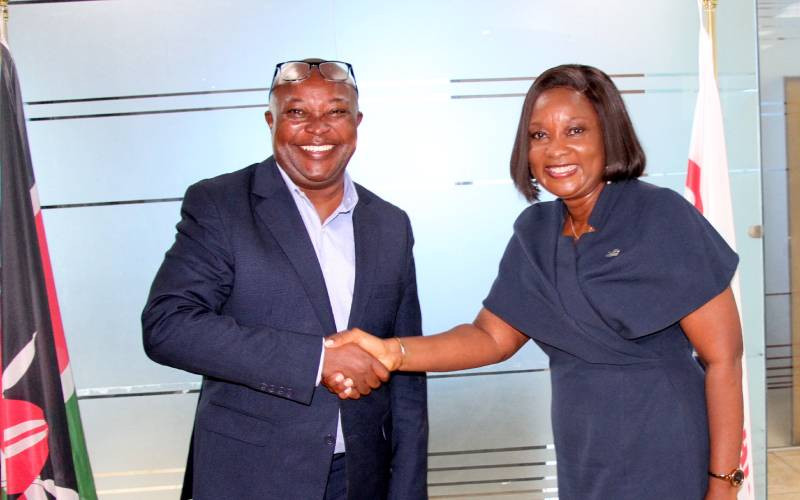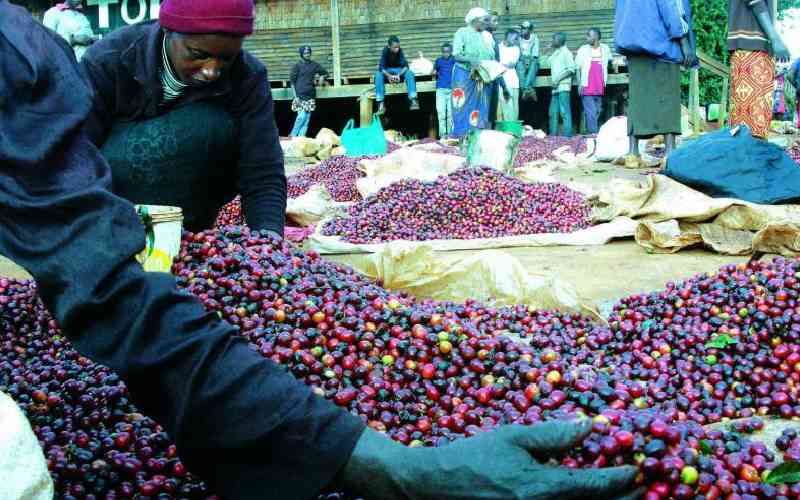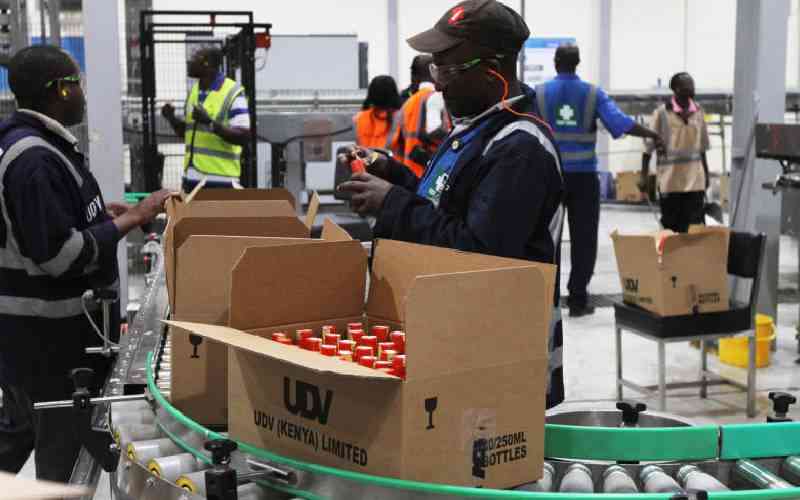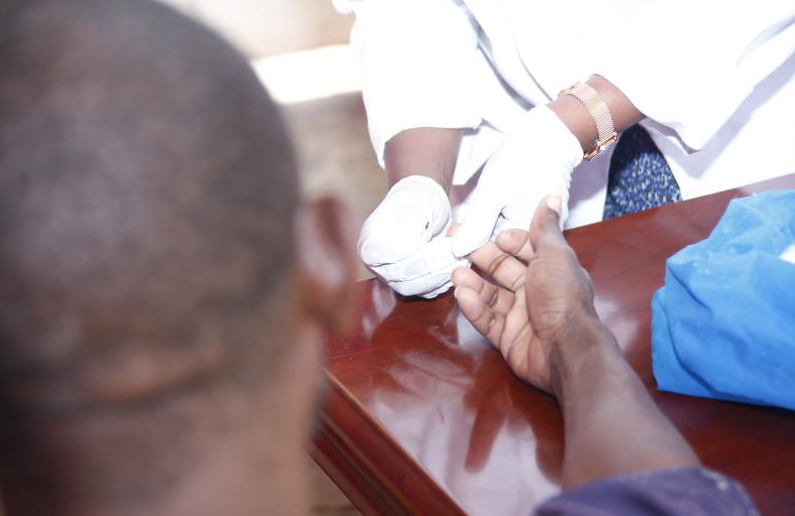
Health specialists are calling for older adults to undergo regular screening and vital checks as part of preventive healthcare to detect diseases early and improve quality of life.
Medical experts say that conditions such as high blood pressure, diabetes and cancers like prostate, cervical and breast cancer become more common with age and can go unnoticed without regular checkups.
Globally, prostate cancer cases are projected to nearly double by 2040, driven by ageing populations and longer life expectancies. In Kenya, prostate cancer is the most commonly diagnosed cancer among men, with an age-standardised incidence rate of 40.6 cases per 100,000.
For women, breast cancer is the leading cancer with approximately 6,799 new cases and 3,107 deaths every year, while cervical cancer follows closely with about 5,236 new cases and 3,200 deaths annually.
It is with this concern in mind that the National Association of Retired Police Officers Kenya (NARPOK), Nairobi Chapter, in partnership with HCG Cancer Centre, organised a wellness and cancer screening day at the Police Pavilion in South C, Nairobi, on Thursday.
The exercise, which targeted members aged between 60 and 90 years, offered prostate checks through the Prostate-Specific Antigen (PSA) test, cervical cancer screening using Pap smears, and breast examinations.
Retirees also underwent blood pressure, blood sugar and BMI (body mass index) checks, received free consultations and nutrition advice and joined fitness sessions including a Zumba dance session.
Speaking at the event, Dr Harrison Mbari of HCG Cancer Centre said, “Early detection of cancer actually makes cancers treatable. Specifically, for this group, the age is from 50, 65 and 70, where prostate cancer is actually prevalent in males. When you come out for these screening programmes we’re able to pick out cases which are usually left undiagnosed.”
Fitness consultant Isaac Manyange added that staying active is just as critical. “Exercise is always good for any age group. As people get older, they lose muscle mass. Fitness should not be punishment. Fitness should be fun,” he said.
The Nairobi Chapter Chairman of NARPOK, Julius Waweru, who retired in 2008 after 33 years of service, said the partnership with HCG was timely given the health realities retirees face.
“As we were doing our strategic plan, one of the key issues that we realised affects our membership is the issue of illness, and for that matter, life-threatening illness, which cancer is one of the most dreaded,” he said.
He noted that health is now the biggest concern for retired officers, many of whom have already completed their family responsibilities and must now contend with medical challenges.
“Our membership is usually concerned about their health status. That’s the most important thing for all these retirees,” he explained, adding that the high cost of treatment and limited insurance cover remain barriers for many.
Reflecting on his own career, Waweru admitted that the demands of police work left little room for personal wellness. “When I worked, it was all about work, work, and more work. There was hardly time for me to think about lifestyle, relaxation or exercise. Stress was part of the job and we just handled it the best way we could,” he said.
He urged that such screening initiatives be expanded beyond Nairobi to other counties where NARPOK has chapters. “I would really feel happy if they also got such service. So we would be asking HCG Cancer Centre to extend this to the chapters so that they can also benefit from this,” he said.
Stay informed. Subscribe to our newsletter
Beyond policy and medical advice, some testimonies underscored why such initiatives matter. Retired officer Pauline Anyango recalled, “I once went to hospital and was told to go back home, I’m aged and such things shouldn’t worry me.”
Her words dispelled the damaging myth that ageing makes health checks unnecessary. She also shared a deeply personal loss, saying, “I’ve lost three members of my family to cancer. They were all found at the fourth stage. If that care was done, perhaps life could have been saved.”
Data highlights the gap in preventive health. In Nairobi, the Cancer Registry reports breast cancer rates of about 51.7 cases per 100,000 women and cervical cancer at 46.1 per 100,000.
Yet screening rates remain low, with studies indicating only about three percent of Kenyan men over 40 have ever undergone a prostate check, while less than 20 per cent of women of reproductive age have had cervical cancer screening.
Age is not a reason to defer healthcare. Regular monitoring and timely screenings may mean catching disease early and improving outcomes.
For retired police officers, many of whom spent years in physically demanding and stressful service, preventive care could be the difference between life and severe illness.
